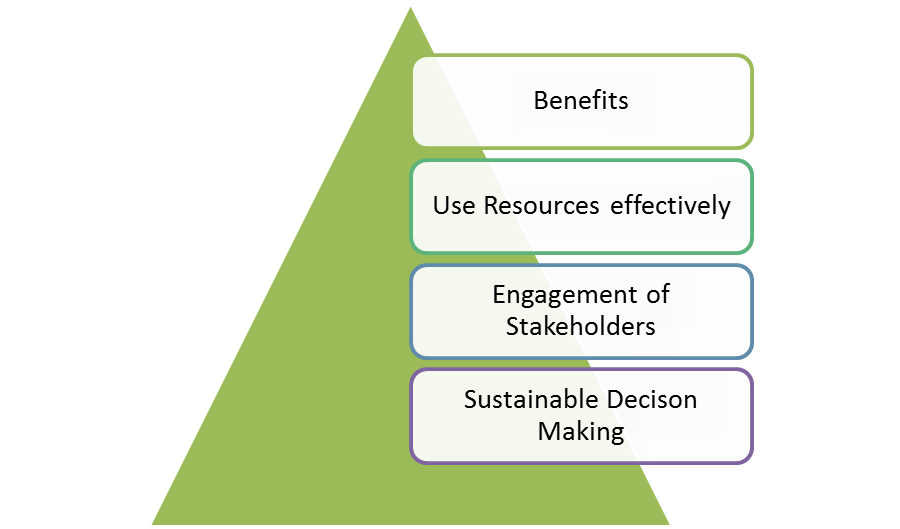Course Content
Introduction to MoV®
- Define Value
- Understand MoV®
- Need of MoV®
- Relationship To Other Methods of Management Methods
7 Principles of MoV®
- Align With Organisation's Objectives
- Focus On Functions and Required Outcomes
- Balance The Variables to increase Value
- Apply during the course of The Investment Decision
- Tailor To Suit The Subject
- Learn From Past Experience and Improve Performance
- Assign Roles and Responsibilities
- Build a Supportive Culture
MoV® Approach and Implementation
- Describe generic process around which a study can be structured
- Description of the relationships between the MoV study leader and the rest of the team
MoV® Environment
- Description of the external and internal factors that affect MoV policies and strategies
- Description of the considerations for the portfolio, programme, project and operational environments
MoV® Embedding
- Overview of the embedding process
- Key benefits of embedding MoV
- Key steps of embedding MoV
- Roles and responsibilities required when using MoV
- Overcoming barriers to implementation
The 7 MoV® Processes
- Frame The Programme Or Project
- Gather Information
- Analyse Information
- Process Information
- Evaluate & Select
- Develop Value Improving Proposals
- Implement & Share Outputs
Common techniques used in MoV®
- Analysis of information
- Benchmarking
- Process Mapping
- Root Cause Analysis
- Discounted Cash Flow Analysis
- Generating Ideas
- Brainstorming
- Evaluation and option selection
- Option Selection Matrix
- Idea selection
- Allocation to Categories
- Idea Selection Matrix
- Weighting techniques
- Paired Comparisons
- Points Distribution
- Developing VIPs
- Developing Proposals
- Cost Benefit Analysis
- Building Decisions
- Implementing VIPs
- Implementation Plans
- Feedback
- Following up
- Tracking Benefits
Implementing MoV®
- Planning activities of MoV®
- Respond To External and Internal Factors
- Define Portfolio, Programme and Project Considerations
- Operational Considerations
- Implementing Embedding MoV® Into an Organisation
MoV® Techniques
- Methods unique to MoV®
- Methods that can be used within MoV®
- Function Analysis
- Function Analysis System Technique (FAST)
- Traditional FAST
- Technical FAST
- Customer FAST
- Value Trees
- Measuring value
- Value profiling (value benchmarking)
- Simple multi-attribute rating technique (SMART)
- Value index
- Value metrics
- Value for money ratio
- Value Engineering / Analysis
Approach to Implementation
- Generic approach to MoV implementation
- Plan the MoV activities
- Understand and articulate value
- Prioritize value
- Improve value
- Quantify value
- Monitor improvements in value

 ENQUIRE
ENQUIRE
 REQUEST CALLBACK
REQUEST CALLBACK
 GET A FREE QUOTE
GET A FREE QUOTE


 Introduction
Introduction Course Details
Course Details Course Content
Course Content




 London
London